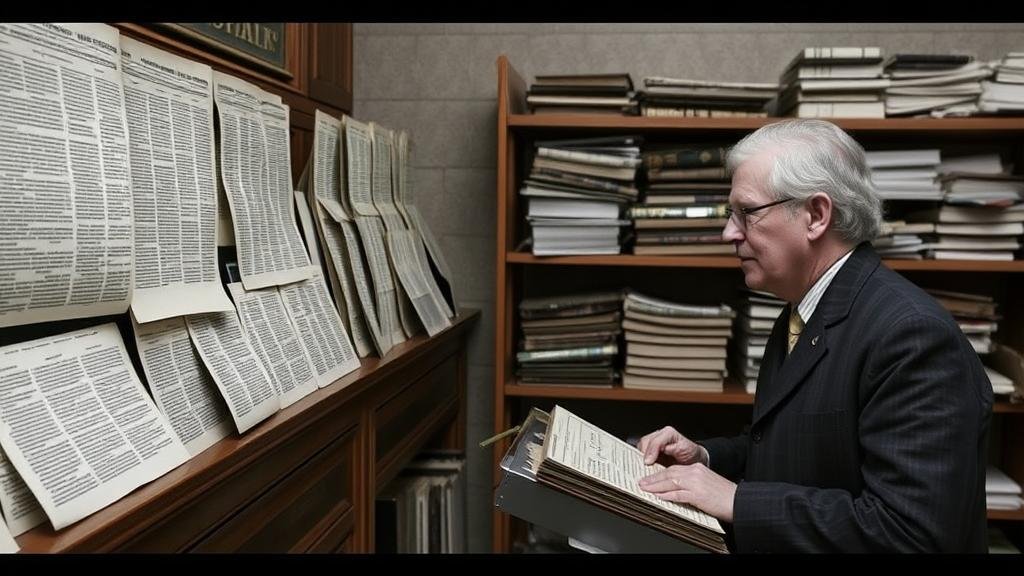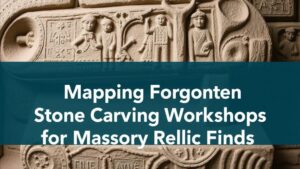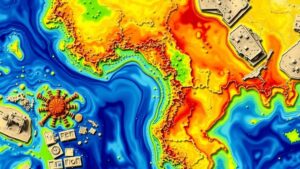How Chronicling America Can Reveal Stories of Long-Lost Treasures
Introduction
Chronicling America, a digital collection of historical American newspapers hosted by the Library of Congress, serves as a vital resource for researchers, historians, and the public alike. This platform not only preserves the rich tapestry of American journalism but also reveals fascinating stories of lost treasures that have shaped American history. This article examines how Chronicling America can unearth these narratives through comprehensive analysis and specific case studies.
Understanding Chronicling America
Launched in 2009, Chronicling America provides access to over 15 million pages of digitized newspapers published between 1789 and 1963. This resource is essential for historians seeking to understand cultural, social, and economic trends. With its extensive database, scholars can explore the nuances of public sentiment and uncover lost narratives.
The Role of Newspapers in Preserving History
Newspapers serve as contemporary artifacts that reflect the ethos of a particular era. They chronicle everything from trivial local news to significant national events. Also, they document cultural phenomena, including art, literature, and even the occurrence of treasure hunts. For example, reports from the late 19th century of gold rushes and buried treasures vividly illuminate the American psyche during times of economic uncertainty.
Case Studies of Lost Treasures
The Oak Island Mystery
Oak Island, located off the coast of Nova Scotia, has long been rumored to be the hiding place for numerous treasures, including pirate loot. Chronicling America’s archives contain articles dating back to the early 1900s that detail the exploits of treasure hunters who believed in the islands secrets. A notable article titled The Curse of Oak Island published in the New York Times on August 1, 1909, discusses the extensive efforts of treasure seekers and the various discoveries made during excavations.
The Lost City of Atlantis
While most historians consider Atlantis a myth, Chronicling America features articles from the 1920s that illustrate public fascination with the concept of a submerged civilization. An article in the Philadelphia Inquirer dated April 3, 1926, revives debates on the existence of Atlantis, tying its lore to ongoing archaeological expeditions. This blend of myth and speculation showcases how treasure narratives permeate and influence societys views on archaeology and discovery.
Methodological Approach
Researching lost treasures through the lens of Chronicling America involves several methodologies:
- Textual Analysis: Close reading of articles allows researchers to identify recurring themes, sentiments, and events related to treasure hunting.
- Data Mining: Employing tools to extract specific data points such as dates, locations, and treasure claims enhances the context of narratives.
Real-World Applications
The narratives unearthed from Chronicling America can inform various fields, including:
- Historical Research: Access to primary sources enables historians to create a robust narrative around lost treasures and their impact on society.
- Art and Literature: Writers can leverage these historical accounts to inspire art, novels, and even films, commemorating the intrigue associated with lost treasures.
Conclusion
Chronicling America stands as a digital repository that captures the essence of American history through its newspapers. By examining these accounts, researchers can illuminate the stories of long-lost treasures and the cultural significance they hold. This engagement not only enriches our understanding of past narratives but also informs contemporary societal contexts. In a world increasingly driven by the continuous search for value, both materially and culturally, the narratives uncovered within Chronicling America remain pertinent.



